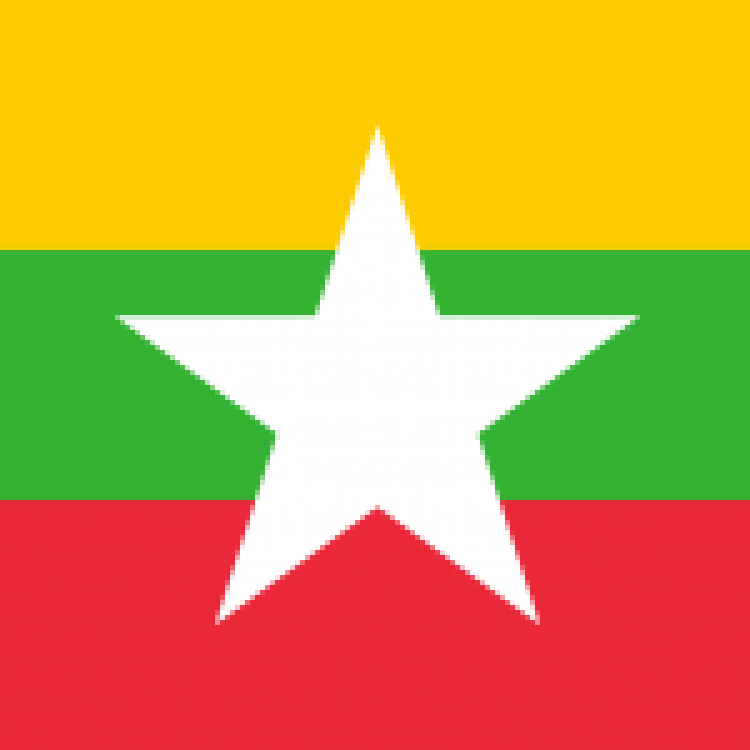.jpg)
British banks have come under pressure from human rights groups after it was reported that more than $60 million has been lent to a company part-owned and used by the Myanmar military, as it carried out a campaign of ethnic cleansing of Rohingya Muslims.
Justice for Myanmar (JFM), a campaign organisation, found that HSBC and Standard Chartered made the loans to Vietnamese telecom company Viettel – a company part owned by and used by Myanmar’s military – even as it stood accused of war crimes, genocide, and crimes against humanity.
Viettel is a major investor in Mytel, a Myanmar mobile network that has close ties to the country’s military. The firm upgraded Myanmar’s military infrastructure, including a fibre-optic network and the construction of network towers in bases, and lists Maj. Gen. Thaw Lwin, a director of the Directorate of Signals in the Myanmar military, as a director of the company.
.jpg)
JFM found that HSBC loaned $40m (£29.7m) to Viettel Global JSC between 2016 and 2020, while Standard Chartered’s UK arm loaned just over $20m (£14.8m) over the same period and questioned whether the banks may have breached EU restrictions on Myanmar.
"Myanmar’s civilian government, led by Aung San Suu Kyi, is also playing a role in facilitating the military’s tech modernisation," JFM added.
"The military’s role in Mytel must be investigated and where misappropriation and corruption are discovered, those involved must be charged in accordance with civilian and international law... The Myanmar military leadership operates like a cartel that is driven by a motive for power and profit."
.jpg)
“The report sets out very well the position of Mytel in relation to the Myanmar military and the position of Viettel in relation to Mytel,” said Christopher Sidoti, a former member of the UN Human Rights Council’s Independent International Fact-Finding Mission on Myanmar.
“The facts establish that Mytel plays a vital role for the military and that Viettel makes Mytel possible.”
“HSBC and Standard Chartered should be transparent and show exactly how they monitor and prevent their loans from financing human rights abuses,” Yadanar Maung, a spokesman for JFM told The Guardian.
In response to the criticism, HSBC meanwhile claimed it “complies with sanctions, laws and regulations in all the jurisdictions in which we operate and strongly supports observance of international human rights principles as they apply to business”. Standard Chartered declined to comment.
See the full text of the report from JFM here.
See more from The Guardian here.




